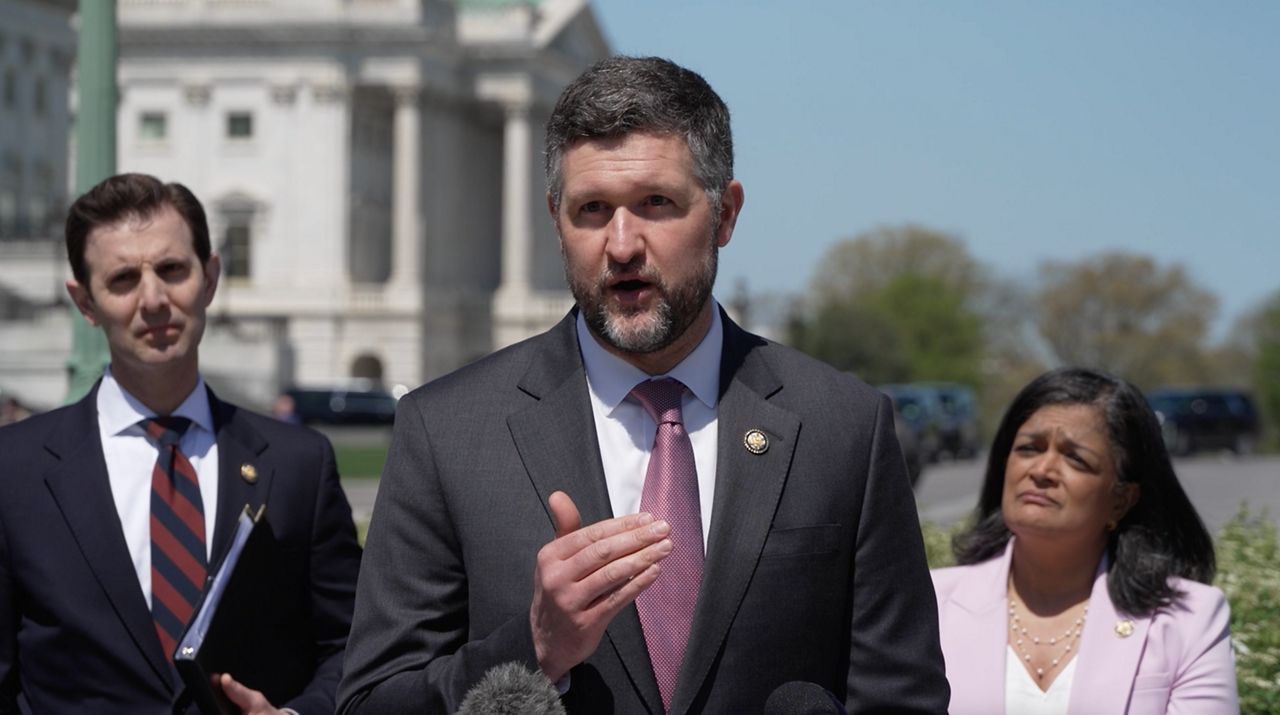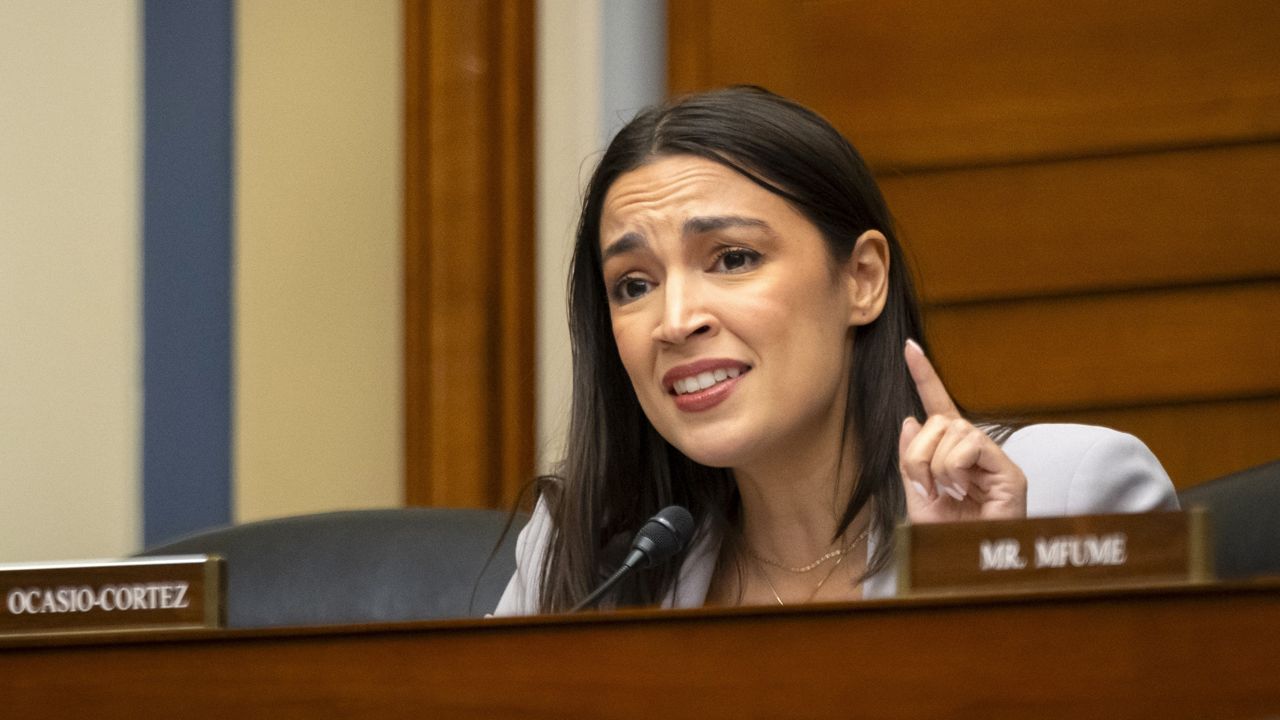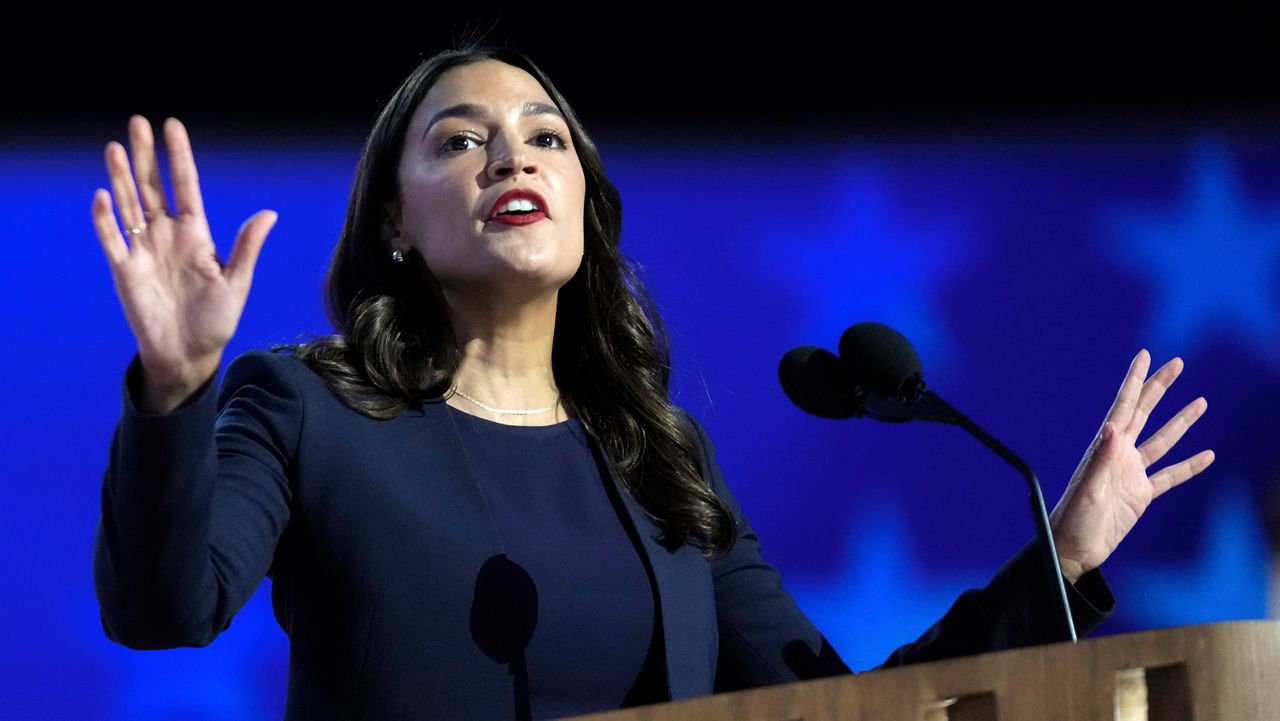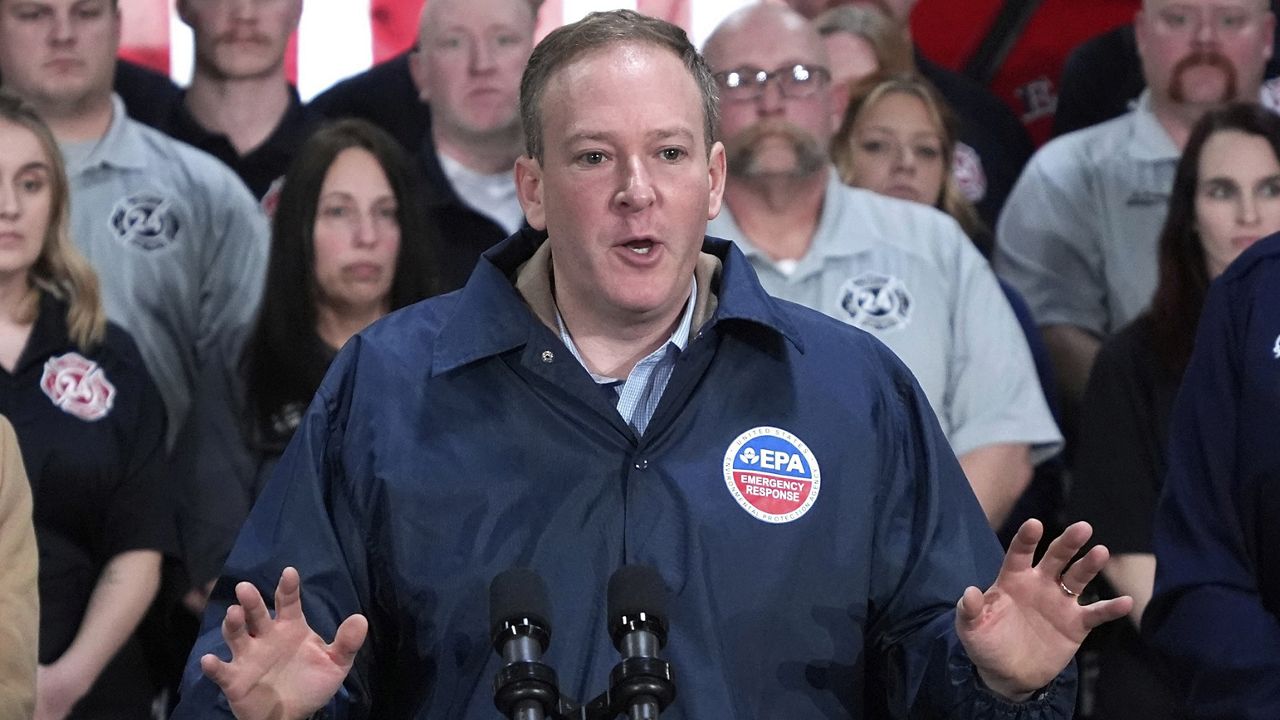Fresh off a visit to three Latin American capitals, New York Congresswoman Nydia Velázquez says it is time for the U.S. to chart a “new path forward” with its neighbors to the south.
“It is in our own interest to try to engage Latin America in a way that is respectful, in a way that recognizes that we have mutual interests,” she said.
What You Need To Know
- Last month, Rep. Nydia Velázquez joined Rep. Alexandria Ocasio-Cortez and other progressive lawmakers on a trip to South America to meet with high-ranking leaders in Brazil, Chile and Colombia — including the presidents of the latter two
- Velázquez says the U.S. and those countries have an opportunity to join forces to deal with shared challenges, such as mass migration and climate change
- Their visit comes as experts say U.S. relations with Latin America have changed very little in recent years, leaving space for China to aggressively make inroads on the economic development front
- As New York City grapples with an influx of migrants, Velázquez says the U.S. must pursue a foreign policy that helps address the root causes of mass migration
Last month, Velázquez joined Rep. Alexandria Ocasio-Cortez and other progressive lawmakers on a trip to South America, meeting with high-ranking leaders in Brazil, Chile and Colombia — including the presidents of the latter two.
Ocasio-Cortez has called for a “realignment” of U.S. relations with Latin America.
Velázquez says the U.S. and those countries have an opportunity to join forces to deal with shared challenges, such as mass migration and climate change.
“It’s the right thing to do. It will be beneficial for the United States, and it will be beneficial for those countries,” Velázquez said.
She acknowledged it could also help counter China’s growing influence in this region.
Their visit comes as experts say U.S. relations with Latin America have changed very little in recent years, leaving space for China to aggressively make inroads on the economic development front.
Today, my colleagues and I visited President Salvador Allende's house in Santiago.
— Rep. Nydia Velazquez (@NydiaVelazquez) August 19, 2023
It was an honor to meet with his daughter, Senator Isabel Allende, and discuss the legacy of the U.S.-backed coup of 1973 and the lessons we can apply today. pic.twitter.com/8NIHgC4Wso
As an example, Monica de Bolle, a senior fellow at the Peterson Institute for International Economics, points to the vast reserves of critical minerals available in Latin America that would help make green hydrogen “viable.”
“China is trying to tap into those resources, but the U.S. isn’t doing anything,” she said.
Back home, New York continues to grapple with a surge of migrants — many from South America.
Velázquez says the U.S. must pursue a foreign policy that helps address the root causes of mass migration, rather than helping create conditions for it — a not-so-subtle nod to the U.S.’s past actions backing coups and military dictators in Latin America.
“We have to understand the historic events that have transpired throughout the relationship between the United States and Latin America to understand why people are being forced to leave their countries. Not because they want to, but because they are hopeless,” she said.
De Bolle, for her part, says the U.S. is not the “ultimate” culprit behind mass migration in Latin America, but it “hasn’t contributed to making the situation better.”
President Joe Biden is taking the world stage at the G20 summit in India this weekend to push for investments and changes to the World Bank and International Monetary Fund to better help developing nations.
Velázquez indicated she supports those efforts.









